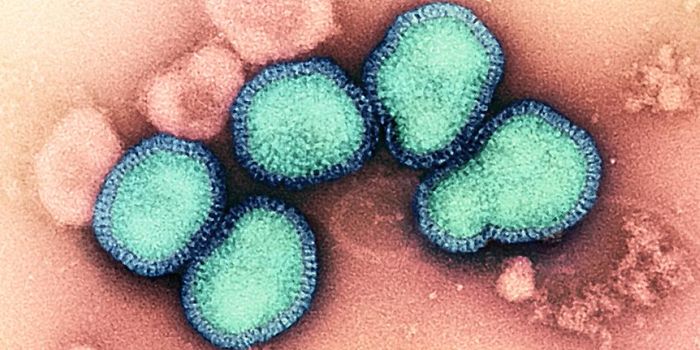First Genetically-Altered Pig Heart Transplanted to a Human
Doctors have performed the first successful transplantation of a pig heart into a human.
David Bennett, a 57-year-old man from Maryland, received the transplant on Monday, January 10, from surgeons at the University of Maryland Medical Center. Bennett had terminal heart disease and was out of options: he was too sick to qualify for a human heart, and doctors had tried all other treatments. His last hope was a genetically modified heart grown in a pig, and he took it.
“It was either die or do this transplant,” Mr. Bennett said in a press release. “I want to live. I know it’s a shot in the dark, but it’s my last choice.”
The heart was provided by Revivicor, a biotechnology company in Blacksburg, VA. The transplantation marks the first time that xenotransplantation, transplantation from a non-human source to a human, has been accomplished without its immediate rejection by the body.
Xenotransplantation has been around for centuries and is an enticing field of study for many biotechnologists. Over 100,000 people are on the organ donation waiting list, and according to the Health Resources and Services Administration, 17 people die every day while they wait for an organ transplant. There is a need for more organs in the United States, so scientists have turned to other avenues to meet the demands.
Doctors have transplanted pig heart valves into humans for years, and pig skin has also been used as grafts for burn victims as well. Pigs are preferred as hosts for growing donor organs due to their short growth period— it can take only six months for a pig to grow a human-sized heart. Mr. Bennett’s transplanted heart was grown in a pig with genetic modifications specially made to complement his body and decrease the likelihood of organ rejection from his immune system, a fairly common problem in organ transplants.
Scientists modified ten genes in the pig to ensure the heart would match a human’s as closely as possible. They turned off three genes that encoded for known antibody response that would cause the new heart to be rejected immediately. Another gene they knocked out was the growth gene, which ensured that the heart didn’t grow more in Mr. Bennett’s body. The rest of the modifications were insertions in which genes were added into the pig’s DNA. These were added to make Mr. Bennett’s immune system accept the organ more readily.
While this transplantation marks a historic feat of science, it’s too early to rule this transplantation as a complete success. It’s only been a few days since the surgery, and doctors are still monitoring Mr. Bennett to ensure his body doesn’t reject the organ later. However, the heart seemed to be doing well during the first 48 hours after the surgery, a critical period for transplantation failure. Mr. Bennett’s quality of life post-surgery will also be an essential data point in whether the transplant is successful in the long term.
The initial success of the surgery, however, raises many ethical questions. Many people are highly opposed to surgeries that use animal parts. Animal rights groups argue that animals deserve the right to live healthy, long lives and should not just be tools for organ harvesting. Xenotransplantation may not be for everyone on the organ donor list either. Other people have religious or ethical reasons that they’d want a human organ rather than a genetically modified one.
Dr. Bennett’s surgery was the first of its kind, and while it will be a while before the Federal Drug Administration approves this type of xenotransplantation for large-scale use (if at all), it marks an exciting time in the advancement of life-saving organ transplants.
Sources: New York Times, National Public Radio, Health Resources and Services Administration, University of Maryland Medical Center








